









I love our local Anglican church. I won’t name the parish, for reasons that will become apparent soon (although it’s not their fault in any way). We won’t be there for Christmas. I’d really like to be, but I’ve chosen not to be.
I’m vaccinated against COVID-19, and I think you should be, too. I’ll delete any comments that try to argue with this stance. Don’t argue with me. Argue with your medical doctor, if you really must. I only point out that I am vaccinated and I believe in the value of being vaccinated to make it clear that I did not write this letter for my own sake. The bishops of the Anglican Church in Aotearoa New Zealand and Polynesia recently decided that no person without a vaccine certificate, proving that they’ve had two vaccine shots, is permitted to attend public services in any Diocese in New Zealand. Whatever you might think of people who cannot in good conscience be vaccinated (for reasons that I do not accept), do you think they should be treated as part of the Church? When the Church gathers to worship, hear the word preached, and share in the communal act of receiving the Lord’s Supper, should they be excluded?
If you answered “yes,” then I am very sorry you are in that place. It seems obvious to any reflective person that we are not facing a dichotomy of “exclude unvaccinated people from Church” or “do not care about physically vulnerable people who might get sick.” Nobody (or as I said, no reflective person) can take such a simplistic view. An obvious option is to require a recent negative COVID-19 test if a person is not vaccinated. This is an even more feasible option with the availability of rapid antigen testing. The point is that reaching for the simplest, bluntest, most harmful tool that just happens to align nicely with what the secular authorities approve of without so much as raising a single public concern is a dreadful turn of events.
Although the identity of the bishops in this diocese is not secret (yes, there are two bishops), I have removed their names from this letter. They acted in accordance with all the other bishops, I do not know what they believe about this situation, and I don’t want this post to have the appearance of hostility towards them. This blog post is just to express my lament at this action, and to let you know how I expressed that lament in a letter I recently sent to the bishops. That letter is as follows:
Read More


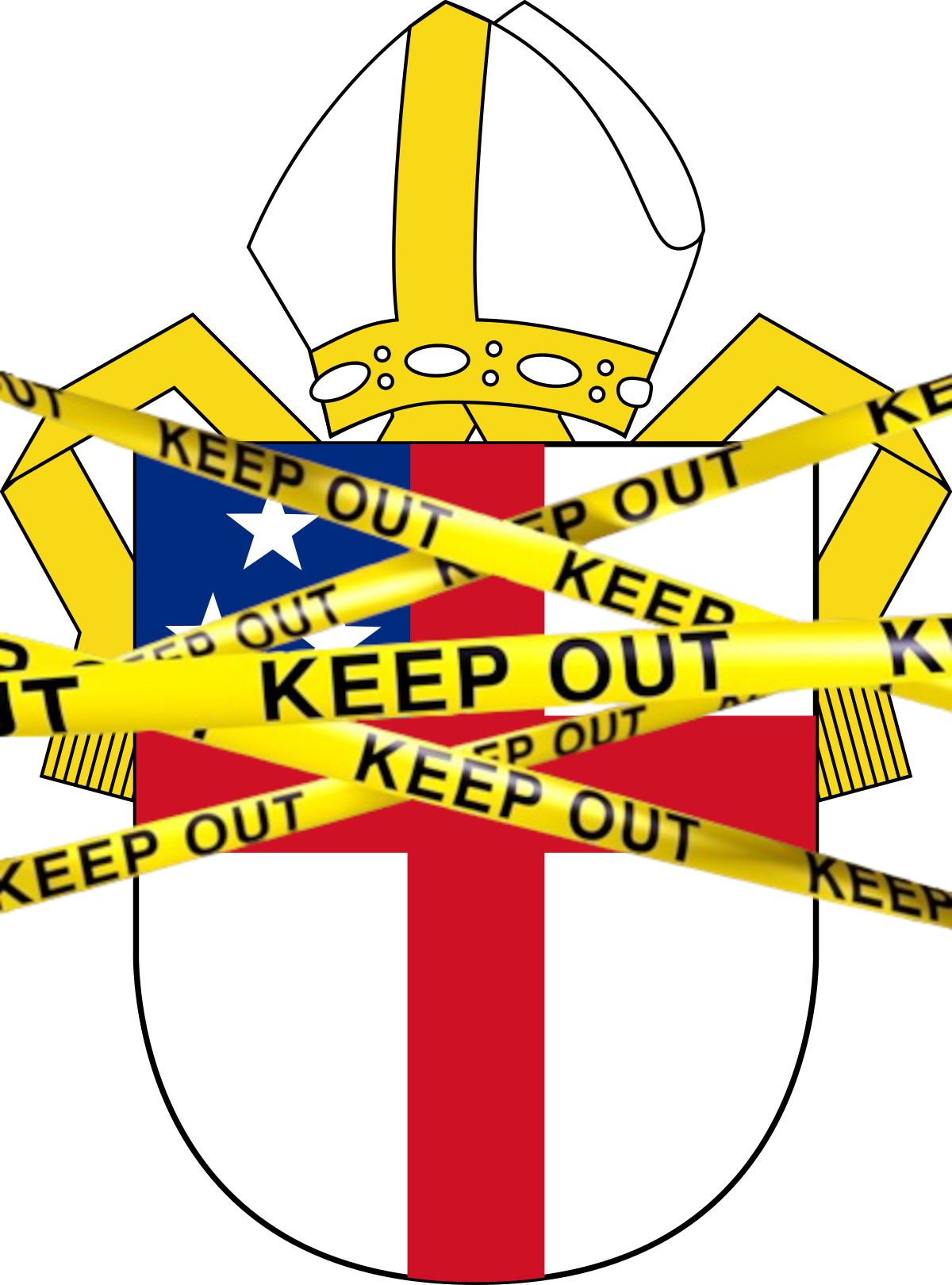



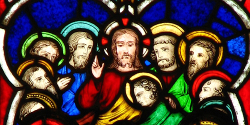
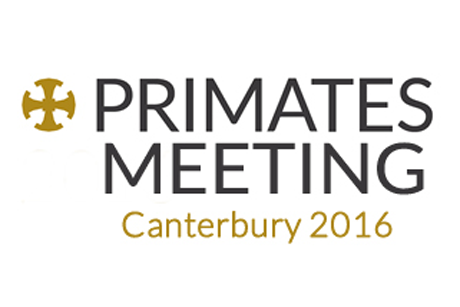
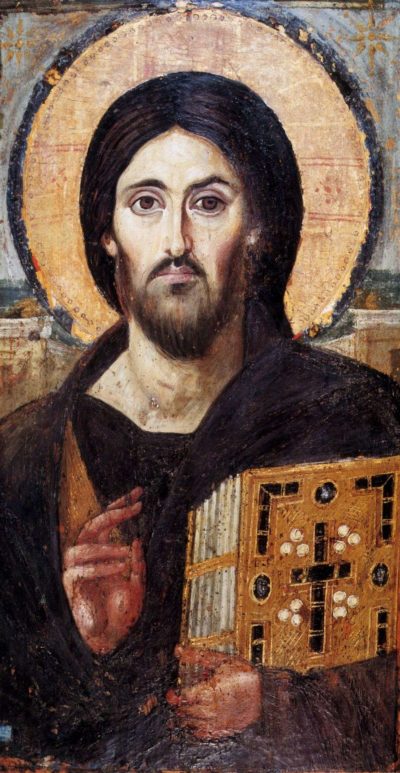
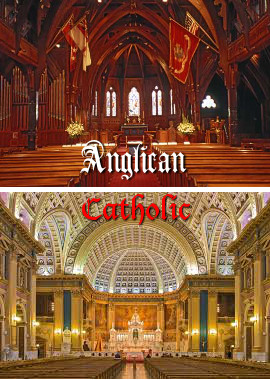
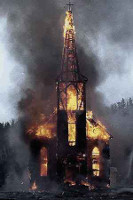 Dear Charlie Hughes, the (former?) vicar of St Michael’s Anglican in Henderson…
Dear Charlie Hughes, the (former?) vicar of St Michael’s Anglican in Henderson…